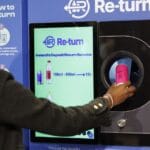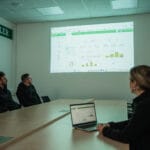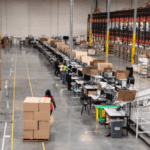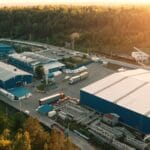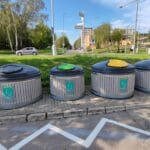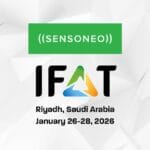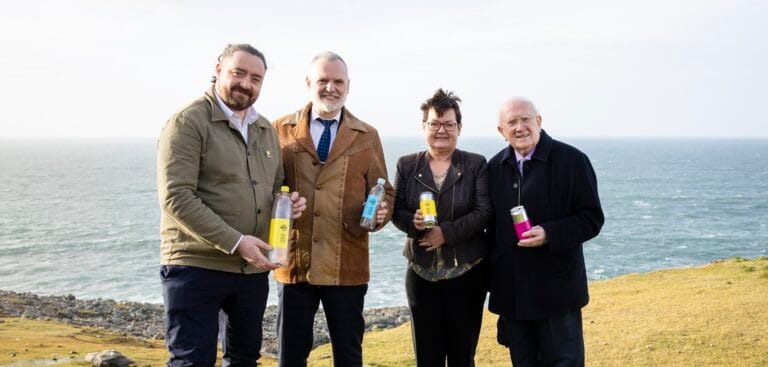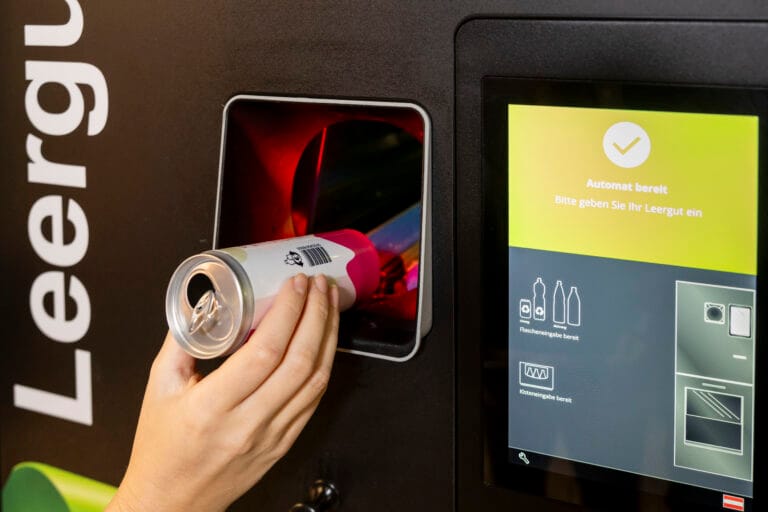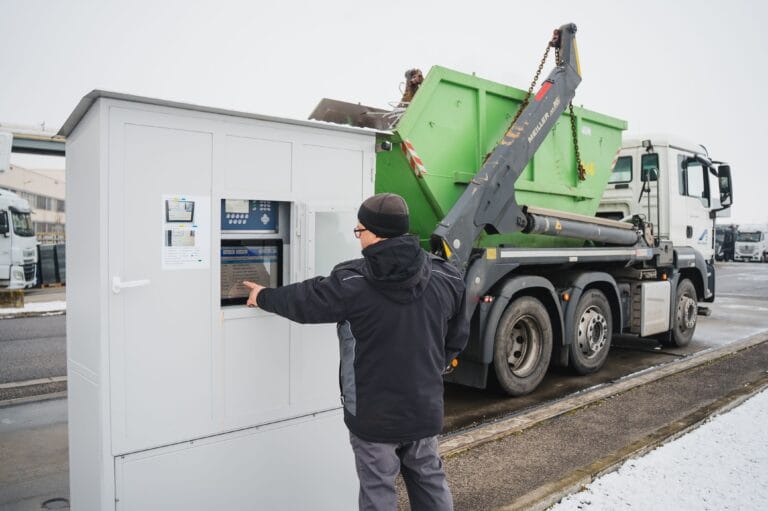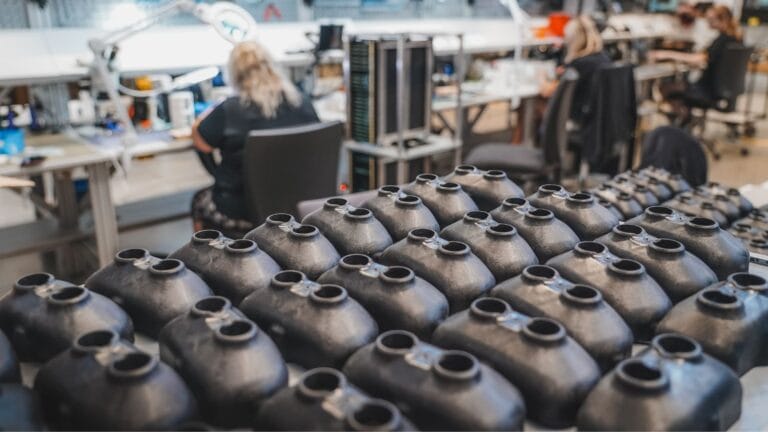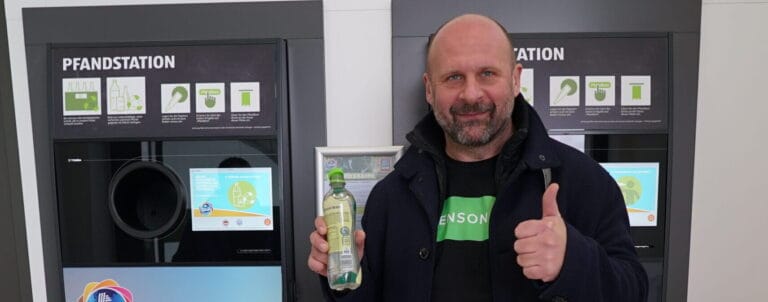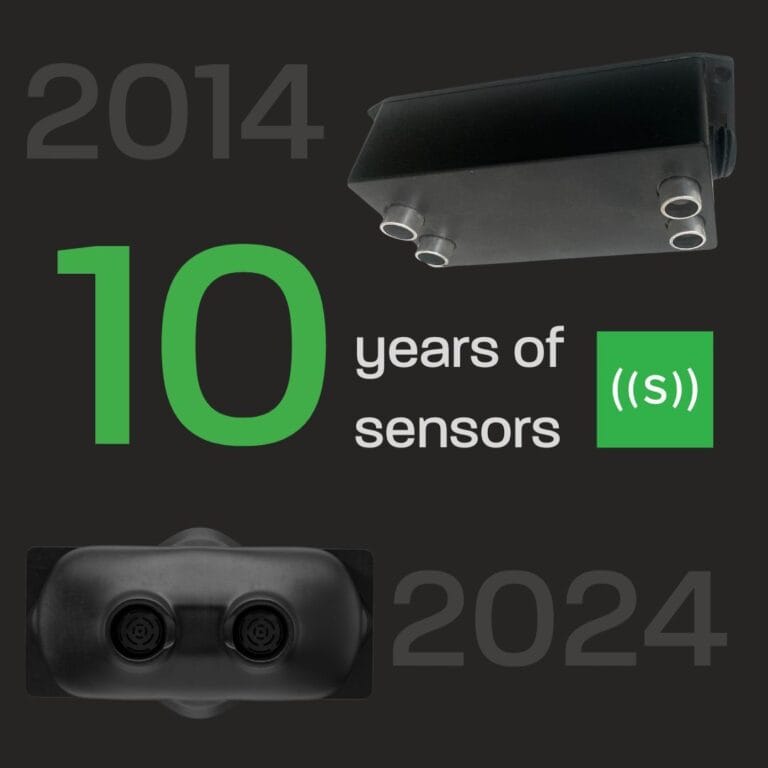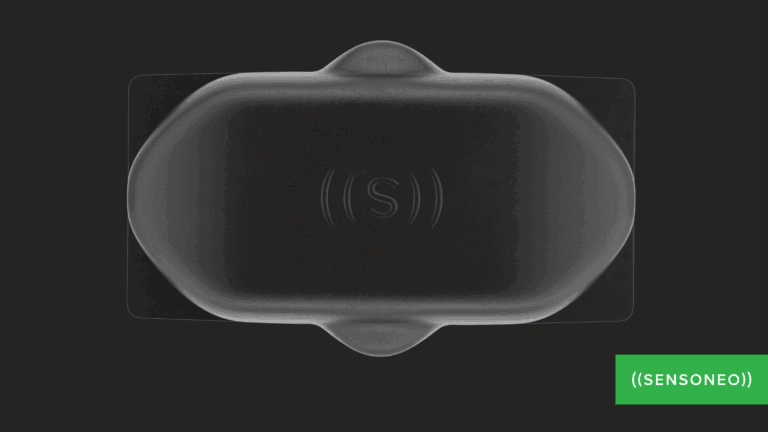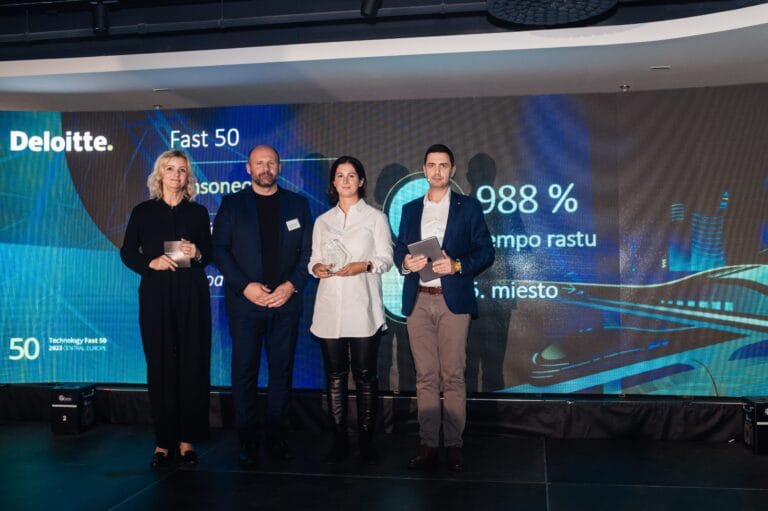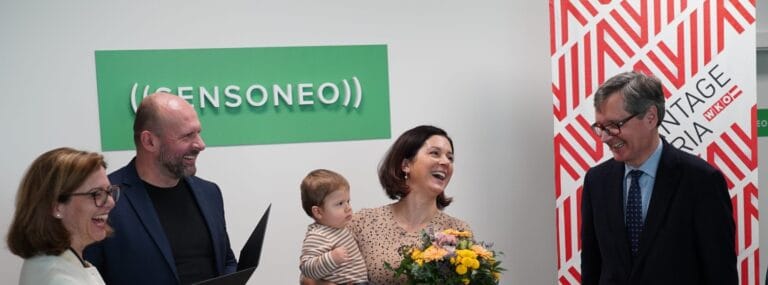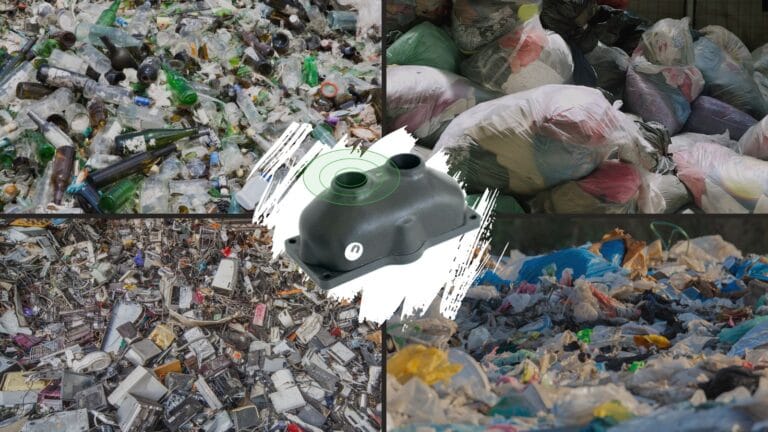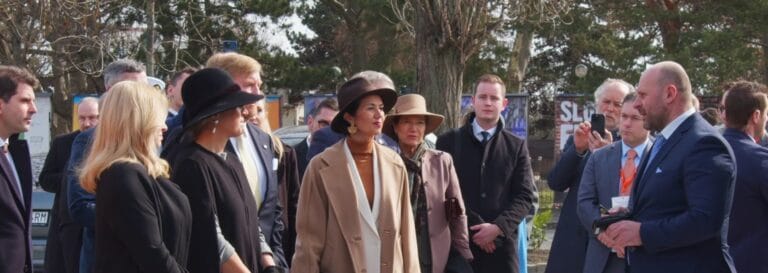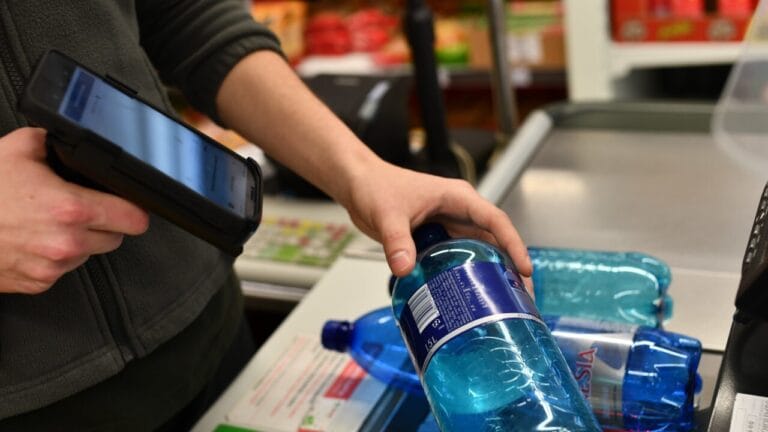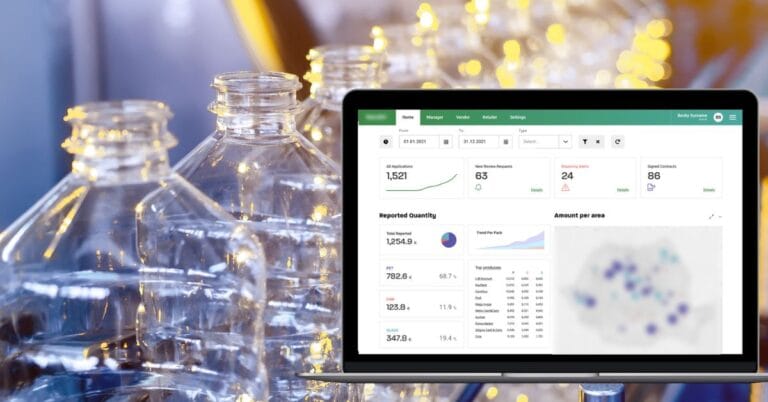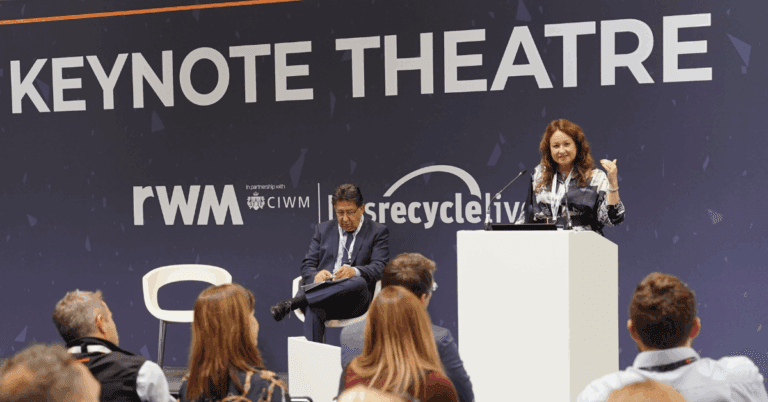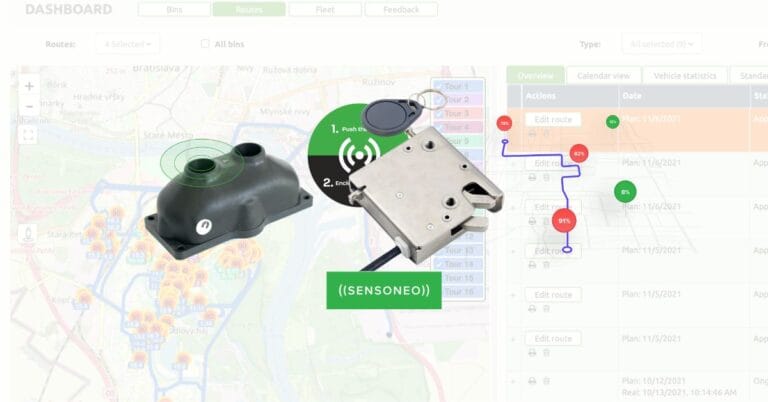Through the integration of innovative technology including robust software, durable hardware, and a data-driven approach, we support the digital transformation of waste management to achieve efficiency, transparency, and sustainability.
With its team of 160+ professionals, Sensoneo provides complex software and hardware solutions worldwide, with an active presence in Europe, USA, and the MENA region. Sensoneo’s smart waste management solutions have garnered attention from countries, cities, and businesses worldwide, with installations in over 90 countries across five continents.
As the only company worldwide, Sensoneo has successfully implemented and operates IT systems for Deposit Return Schemes (DRS) in 8 countries, achieving recycling performance exceeding 90%. The deployment of smart sensors by Sensoneo is poised to contribute to the largest smart waste installation worldwide, encompassing an impressive 11,100 sensors in Madrid. Additionally, Sensoneo has designed tools to automate factory waste collection, enabling its customers to improve waste diversion rates and data reporting at their locations.



